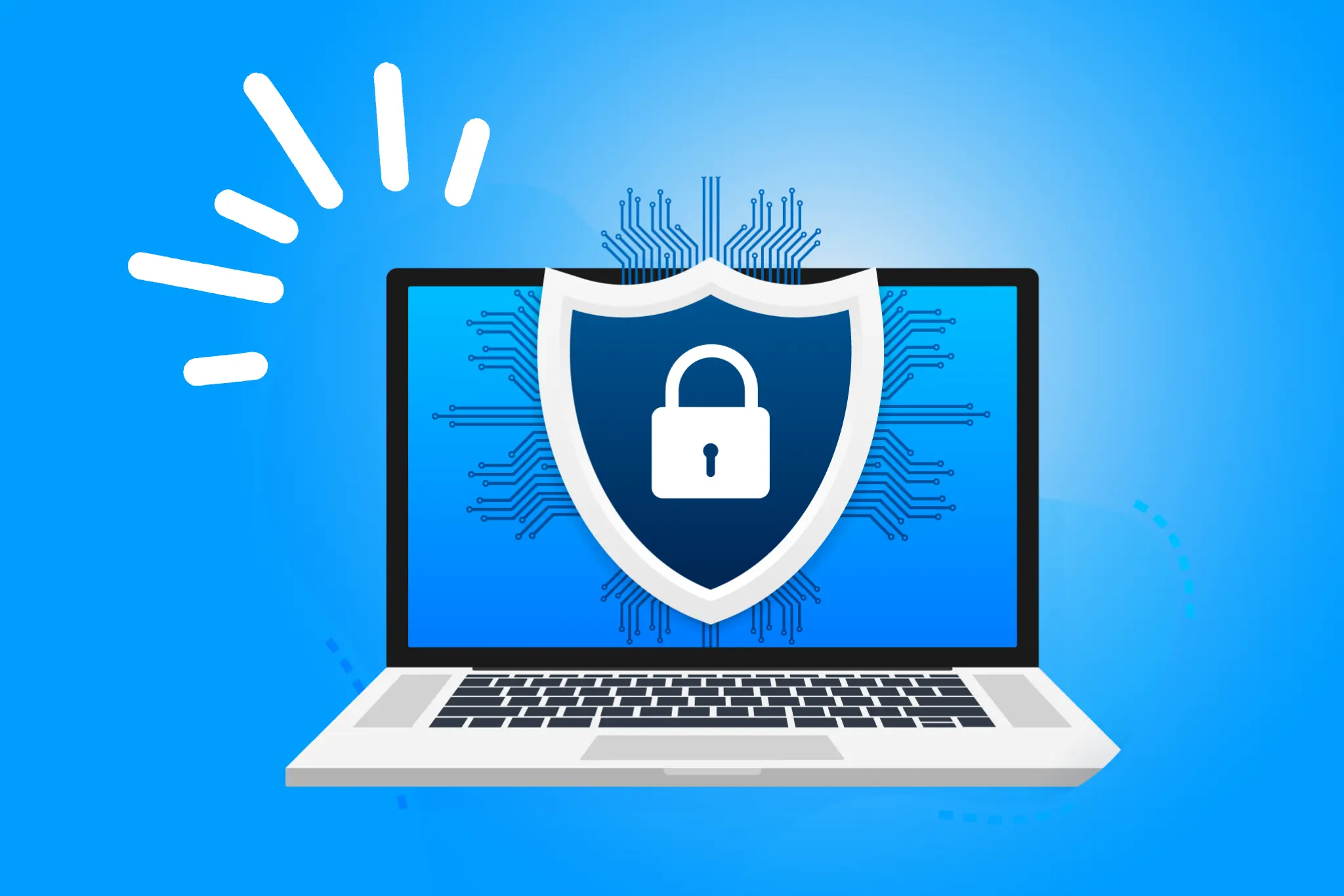Ensuring good corporate governance is a major challenge for all organizations today. In a context where cyber threats are constantly evolving, risk management, regulatory compliance and data protection are becoming top priorities. The implementation of clear policies and best practices is essential to establish a set of effective security policies, aligned with legal requirements and business needs.
In this article, find out why cybersecurity is now at the heart of corporate governance strategies, and how to strengthen it in the face of digital threats.

Data governance and new ways of working
In recent years, organizations have had to adapt their information systems to new ways of working, particularly with the development of telecommuting. This evolution has created new vulnerabilities: employees connect from different devices, sometimes outside the company’s secure infrastructure. As a result, the cyber landscape has become considerably more complex.
According to CESIN’s 2022 barometer, half of all French companies have been the victim of a cyber attack. Phishing attacks, ransomware and data theft are now commonplace. To deal with them, it is essential to implement robust security protocols, plan regular penetration tests and ensure that systems and software are constantly updated.
Training teams, including board members, is an integral part of this approach. They need to understand the risks, so that they can become the relays of the cybersecurity strategy to all stakeholders.
Cybersecurity, a priority for the Board of Directors
Increasingly, cyber attacks are aimed directly at executives and board members. Yet exploiting a vulnerability can have considerable financial and reputational consequences. Effective governance therefore requires :
- Implementation of supervision andrisk analysis tools.
- The adoption of best practices in crisis management and prevention.
- Raising awareness among decision-makers to enable them to make rapid, informed decisions.
A minor attack can quickly spiral out of control and impact the company’s business, which is why it’s so important to integrate cybersecurity into the company’s overall governance strategy.
The role of the CIO in corporate cybersecurity
A good corporate governance strategy necessarily involves effective action by the Chief Information Officer (CIO).The latter implements a series of actions and techniques designed to combat cyber-attacks and ensure data protection. This applies especially to the most sensitive data. You can always count on an active watch. This watch monitors the assessment of potential risks to each company.
The role of the IT department is not confined to managing software and hardware. It also supports administrators in the implementation of certain strategic axes. It plays an active role in integrating innovative solutions to dematerialize and protect sensitive data. Particularly via the Cloud. By keeping a close eye on technological developments, the IT Department is able to anticipate potential cyber-attacks as far as possible. It also observes how they evolve over time.
Are you looking for a high-quality solution to improve your organization’s cybersecurity and guarantee perfect corporate governance?
DiliTrust Governance: the answer to cybersecurity challenges
Would you like to strengthen the security of your sensitive data and ensure effective digital governance?
The DiliTrust Governance suite is a secure ISO 27001 and ISO 27701 solution designed to protect boards of directors and legal departments. Its Digitized Bodies module facilitates collaboration, decision-making and the secure circulation of encrypted information.
By integrating these solutions, your company adopts a proactive approach that complies with the most demanding cybersecurity programs.
You may also be interested in these articles:
- Digitizing your legal department: 3 questions to ask before you start
- Artificial Intelligence: What Is It and What Is In Store For Us?
Mitigate risk with a secure governance tool.


